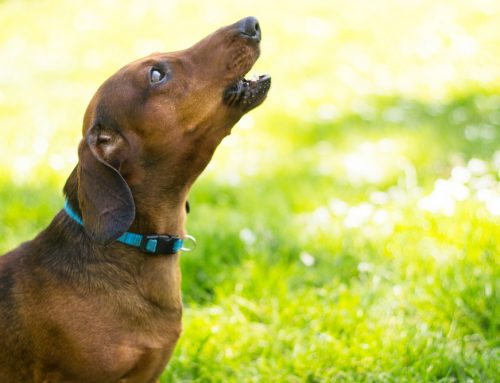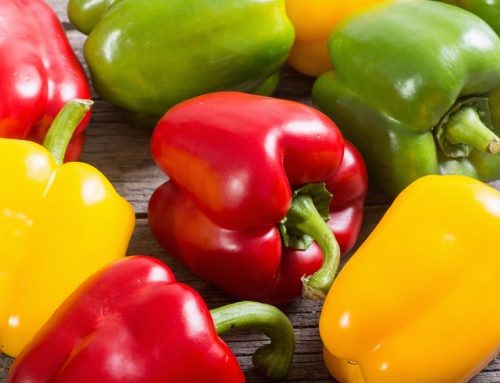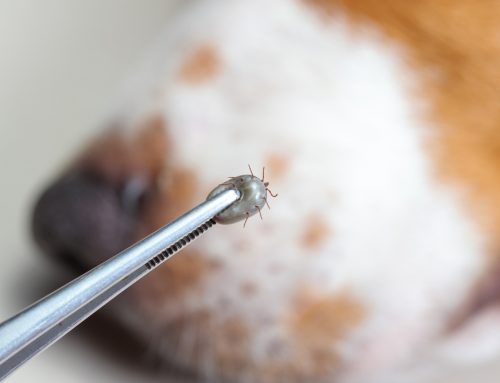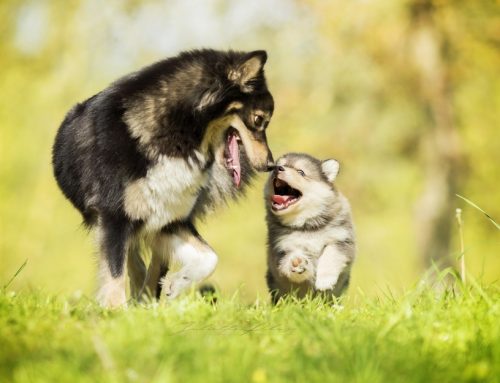The question of whether or not your dog can drink milk does not have a simple answer. While some dogs can ingest and digest milk just fine, other dogs may experience very adverse effects. Generally speaking, most dogs have some form of lactose intolerance. The severity of the intolerance depends on the individual dog. A lactose intolerant dog may experience cramping, vomiting, or diarrhea. You should always monitor your dog closely when sharing dairy products. If your dog does not have a bad reaction to a small amount of milk, it is generally okay to give it to them. However, milk and all other dairy products should only ever be given in moderation.
What Causes Lactose Intolerance in Dogs?
Puppies are born with a special enzyme known as lactase that allows them to digest milk from their mothers. After puppies have been weaned, they start producing less lactase, which makes the breakdown of dairy products more difficult. This results in a lactose intolerance that is very similar to the type found in humans. Therefore dogs, like humans, experience intolerance in varying degrees that may range from mild distress to severe symptoms. In addition, milk products are more likely to trigger common allergies in dogs, which include skin irritation, vomiting, diarrhea, and itching. In extreme cases, they may develop pancreatitis, which is a serious medical condition.
Help – My Dog Had a Bad Reaction to Milk!
If you suspect your dog may be suffering from diarrhea or vomiting as a result of lactose ingestion, there are a few things you can do. Usually, these symptoms will show up within 12 hours or so of your dog drinking milk. If symptoms persist, your vet should be notified. They should be able to advise you on whether or not you should avoid feeding your dog dairy products in the future.







Leave A Comment